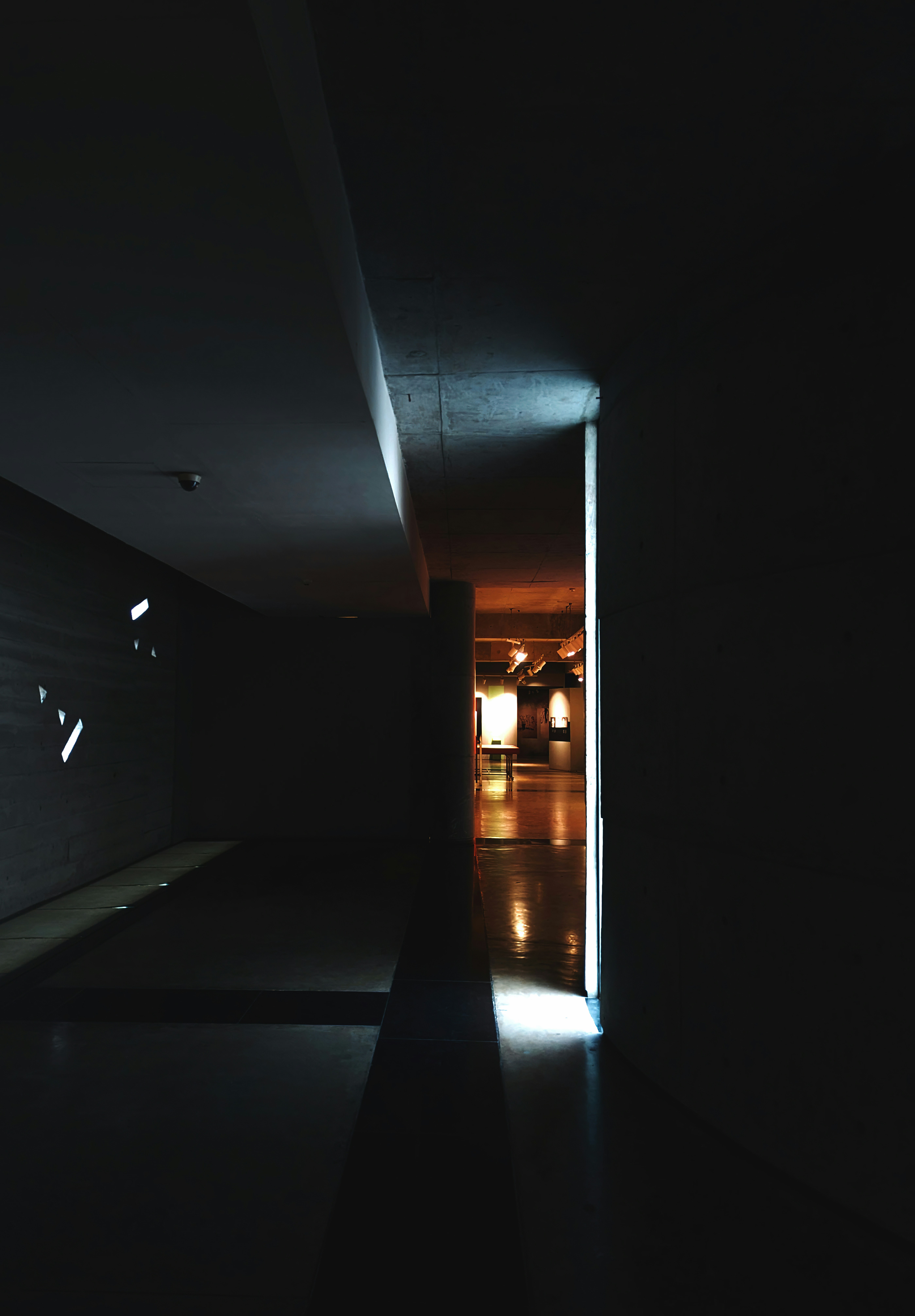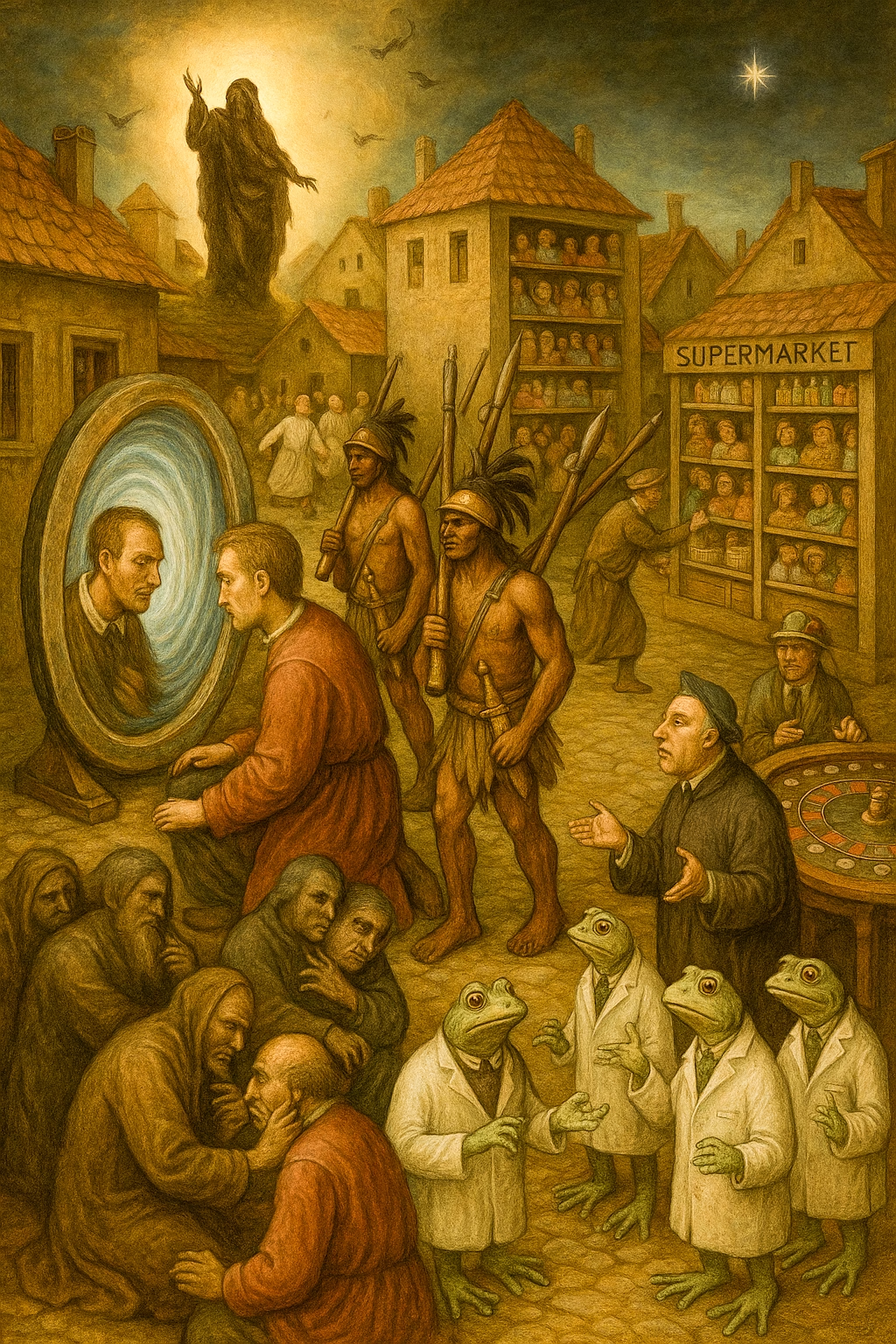A Moment of Realization
By Francis on Jan 24, 2008 | In Overpeinzingen
The other day, I found myself at what many would consider the place to be. It was bustling with life, teeming with energy, and yet, amid the crowd, I felt profoundly lost. The multitude of faces and the cacophony of sounds created a paradoxical sense of solitude. My hands and wrists gently asked for love, for connection, but nobody listened. In that fleeting moment, love became a footnote, a sidelined thought, and I couldn’t help but wonder why.
Observing the Surroundings
As I stood there engulfed by the sea of people, I took a moment to observe my surroundings. The master, an individual of great significance and respect, worked tirelessly amidst the chaos. Despite his esteemed position, his efforts seemed almost futile. Meanwhile, the doctor, redheated and likely intoxicated, was tending to a patient in a rather haphazard manner. The liar, with his notorious reputation, flaunted a new girlfriend as if to validate his worth.
An Inward Journey
These disconnected scenes only added to my growing sadness. I found myself sitting like a wooden doll, immobile and passive, as though everything had been meticulously planned out for me—every action, every inaction. It felt as if I had lost control over my own narrative, relegated to the role of an observer in my own life.
The selfish children of a lesser god, those who seemingly thrived on the superficial, continued to move around me, oblivious to the deeper currents of thought and emotion that swirled within. In that moment, I became acutely aware of the void that permeated our social fabric—the lack of genuine connection, the increasingly transactional nature of relationships.
While drenched in a mix of melancholy and introspection, I left the place to be with a new understanding. Sometimes, being amidst the crowd amplifies one’s loneliness, a poignant reminder that physical presence does not equate to emotional connection. As I reflected on my evening, I realized that the search for meaning, for authentic connection, often requires looking beyond the conspicuous places and fleeting interactions.
Ultimately, this experience, though disheartening, became a catalyst for deeper contemplation. It served as a stark reminder of the importance of fostering real relationships, of reaching out with empathy and understanding. The place to be, it turns out, is not a physical location but a state of mind—a commitment to genuine, heartfelt connections with others.



